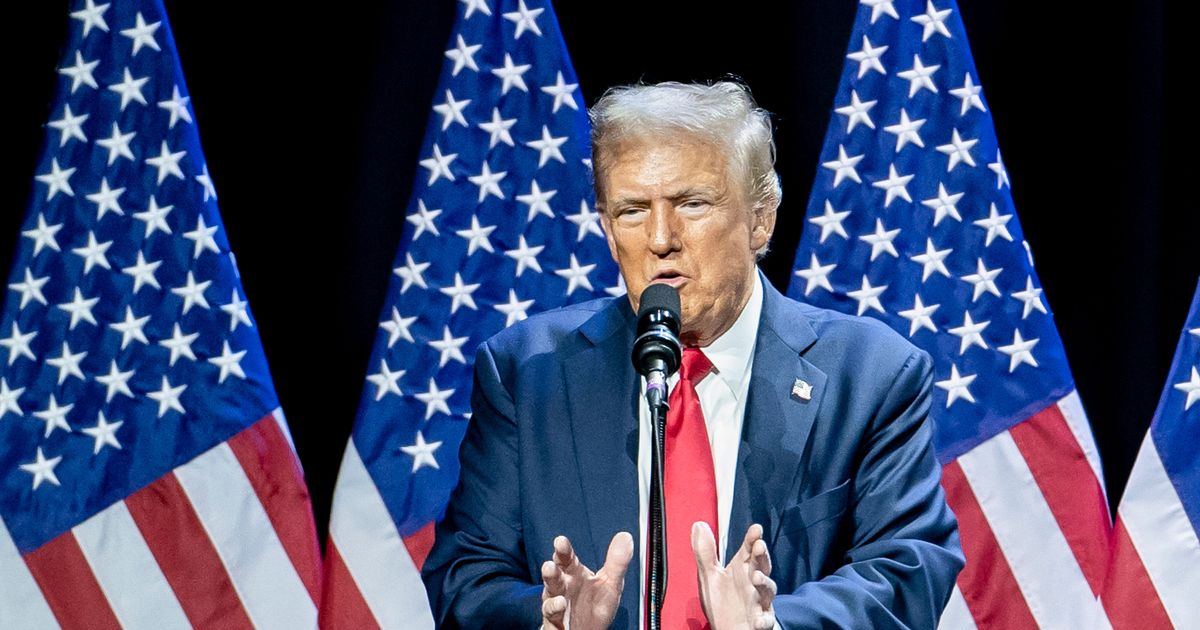
Trump’s 2024 Campaign: Promises to Boost the U.S. Auto Industry Amid Concerns from Industry Leaders
During his 2024 presidential campaign, Donald Trump pledged to support the American auto industry and its workforce. However, weeks into his second term, executives from leading Detroit automakers have raised red flags regarding his policies that may threaten the sector’s stability.
Ford CEO Jim Farley recently voiced concerns in New York City about potential risks stemming from Trump’s intentions to retract support for electric vehicles (EVs) and implement sweeping tariffs on imports, particularly from Canada and Mexico. Farley warned that without continued backing for electric vehicle initiatives, job security in the industry could be jeopardized.
In his statements, Farley highlighted the serious implications of tariffs, suggesting that they could inflict unprecedented damage on the U.S. automotive landscape. The Ford executive articulated that reversing the progress made through recent federal investments in EVs could be catastrophic, particularly given the significant investment made in establishing battery production facilities across various states, including Michigan and Ohio.
Farley’s insights come at a time when Trump has introduced tariffs affecting aluminum and steel imports, which are expected to contribute to higher costs for American-made vehicles. He noted that although Ford has domestic sources for most of its steel, the increased costs associated with international aluminum and steel supplies will inevitably impact prices for consumers.
Despite appreciating Trump’s efforts to improve the U.S. auto industry, Farley expressed frustration, stating that the current environment is characterized by rising costs and confusion. He underscored the necessity of a balanced approach to tariffs, cautioning that excessive measures could inadvertently benefit foreign competitors, such as those from South Korea and Japan, who would not be impacted by tariff constraints.
Moreover, as reality unfolds, automotive industry stakeholders, including analysts and labor unions, have echoed similar concerns regarding Trump’s proposed policy shifts and their potential adverse effects on jobs and economic stability.
Farley is scheduled to meet with Congress members to advocate for a careful examination of the direction the industry is headed under Trump’s administration. Meanwhile, Tesla CEO Elon Musk has indicated that a rollback of government incentives for electric vehicles might not hinder his company but could instead provide strategic advantages over traditional automakers with unionized workforces.
As the debate continues, it remains crucial to watch how the actions taken by the Trump administration will influence the future of the U.S. automotive industry and its workers.









